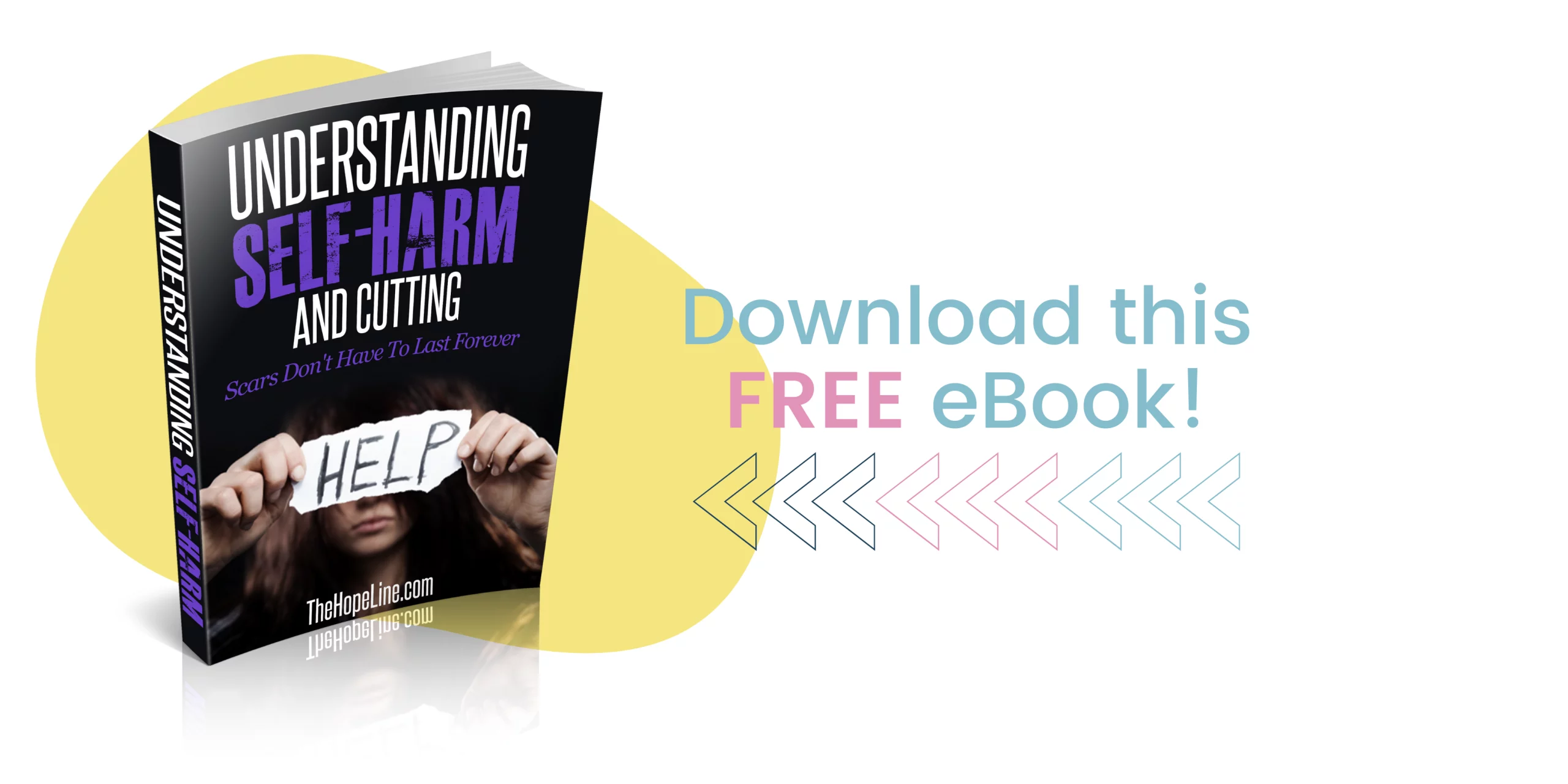How to Talk About Self-Harm Without Judgment
You’re close to your loved ones, and if you think something is wrong, it’s good to trust your instincts and talk to them about ways you can help.
If you’ve noticed marks on their body, that they try to cover up or ignore those marks, and that the marks continue to appear over time, you have good reason to be concerned that your loved one may be self-harming.
Talking to a loved one about cutting or other self-harm can feel scary and overwhelming, but there are ways to have this tough conversation clearly, calmly, and without judgment.
Understand Why Your Loved One is Self-Harming
It’s helpful, before approaching your friend or family member, to better understand why self-harm happens. It’s an unhealthy way to cope with pain, trauma, or mental illness. Understanding the most common reasons for self-harm will help you feel more prepared.
Here are a few of the most likely reasons behind your loved one’s self-harm:
- Desire to “release” pent-up pain
- Wanting to break through a feeling of being “numbed out”
- Need for a feeling of control over their lives
- Signaling for help when they don’t know how to ask for help in other ways
Your friend may also feel like they have to hurt or “punish themselves” due to the deep-rooted shame and guilt they feel. That’s why it’s important to focus on having this conversation from a place of care rather than criticism or judgment.
Once you feel ready, here are some things to keep in mind when reaching out to your friend.
Choose a Time and Setting That Works for Both of You
There will be some discomfort no matter what, but having the conversation at a time, and in a place, where you both feel comfortable, and calm is key to it feeling less upsetting for both of you. If you’re not able to be together in person, try video calling, so you can still have a “face-to-face” chat.
Set a time when you know your friend is not likely to already feel overwhelmed, stressed, or tired. And talk about things you would normally talk about before jumping right into the most difficult parts of the conversation.
Tell Them About Your Concerns
There’s not one right way to tell your friend that you’re concerned about their possible self-harm. Here are two ways that might work:
- “It seems like you’ve been hurting a lot lately, would you like to talk to me about it?”
- “I’ve noticed several marks on your arms and wrists. I care about you, so that worries me. Do you want to talk about it?”
If they acknowledge they self-harm, you can ask them why they get that urge, or what caused them to start, out of care for them and a desire for understanding. They may not want to talk about it right away, but it’s good to let them know you’re there to support them when they are ready to talk.
Offer Support
You are already supporting your loved one by reaching out and offering a listening ear. You are likely a reminder in their life of how much God loves them, and how there is always hope for healing and growth.
But it’s important to remember that you won’t be able to help them find healing after self-harm alone. See if it’s okay with them if you help them find more specialized support. There are lots of organizations with experience in guiding people through recovery from self-harm, led by people who care deeply and would be able to help your friend find the appropriate treatment.
And make sure you have support yourself, so you can support your friend without feeling drained, exhausted, or overwhelmed. TheHopeline offers mentoring and other resources for people working their way through messy, painful conversations and issues. Talk to a Hope Coach today about your life, your loved one, and how you can get the help you need so you can be there for people you love. We are here for you, and we’ll get through this together.
We have a partner resource for you and your loved one called, Door of Hope. They provide emotional support, guidance and resources for young adults who struggle with self-injury. You can call, text, or email a recovery coach to start breaking free from self-harm today!



